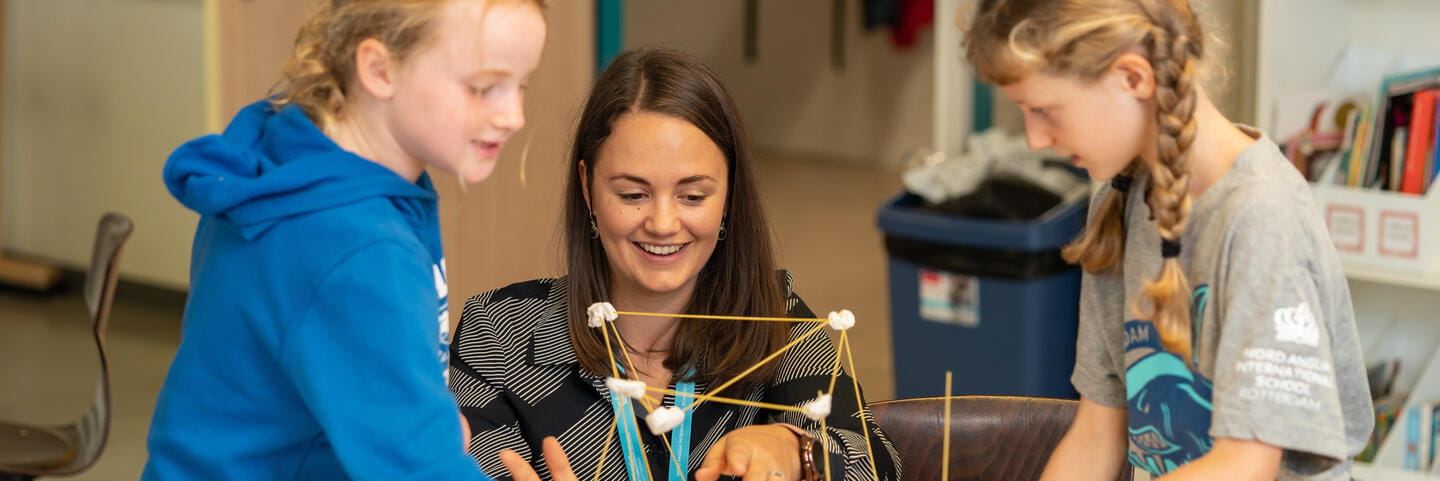Primary
Our primary arts programme is based on the International Primary Curriculum (IPC), which covers the core principles of arts, crafts and design – as well as how artists develop their ideas and approaches – through themes and projects.
Our students explore artistic techniques, concepts, and ideas, express themselves creatively, and share their burgeoning talents with others through individual and group work.
Students learn to:
- Work with a variety of tools, processes, and media.
- Coordinate their hands and minds through an exploration of visual and tactile arts, crafts, and design.
- Make choices that enable them to communicate their ideas.
- Ask questions about the world and its symbols.
- Value perseverance and effort.
Years 7-9
Based on the International Middle Years Curriculum (IMYC), our Year 7-9 arts, crafts and design programme takes a thematic approach, exploring key elements, principles, ideas, and approaches. The programme incorporates a variety of techniques, including both observation and imagination, and encourages students to think critically. This inspires our students to produce outstanding creative work of their own.
Upper secondary and the IBDP
Our visual arts courses build on the skills learnt in primary and secondary, as our students delve into key artistic elements, techniques, and principles. We also encourage them to become more aware of outside influences and global perspectives.
Our students finesse their skills in a variety of techniques, including drawing, painting, sculpture, printmaking, mixed media, graphic design, photography, illustration, and editorial design. They also spend time analysing the work of seminal artists. Our cross-curricula approach connects the visual arts with other subjects, including science, maths, music, and computing, too.
The two-year IBDP visual arts course offers our students the unique opportunity to formulate personal insights, make creative statements based on their life experiences, and react to world events, problems, and phenomena. They do this by selecting topics, themes and concepts, and the media through which to express themselves.


